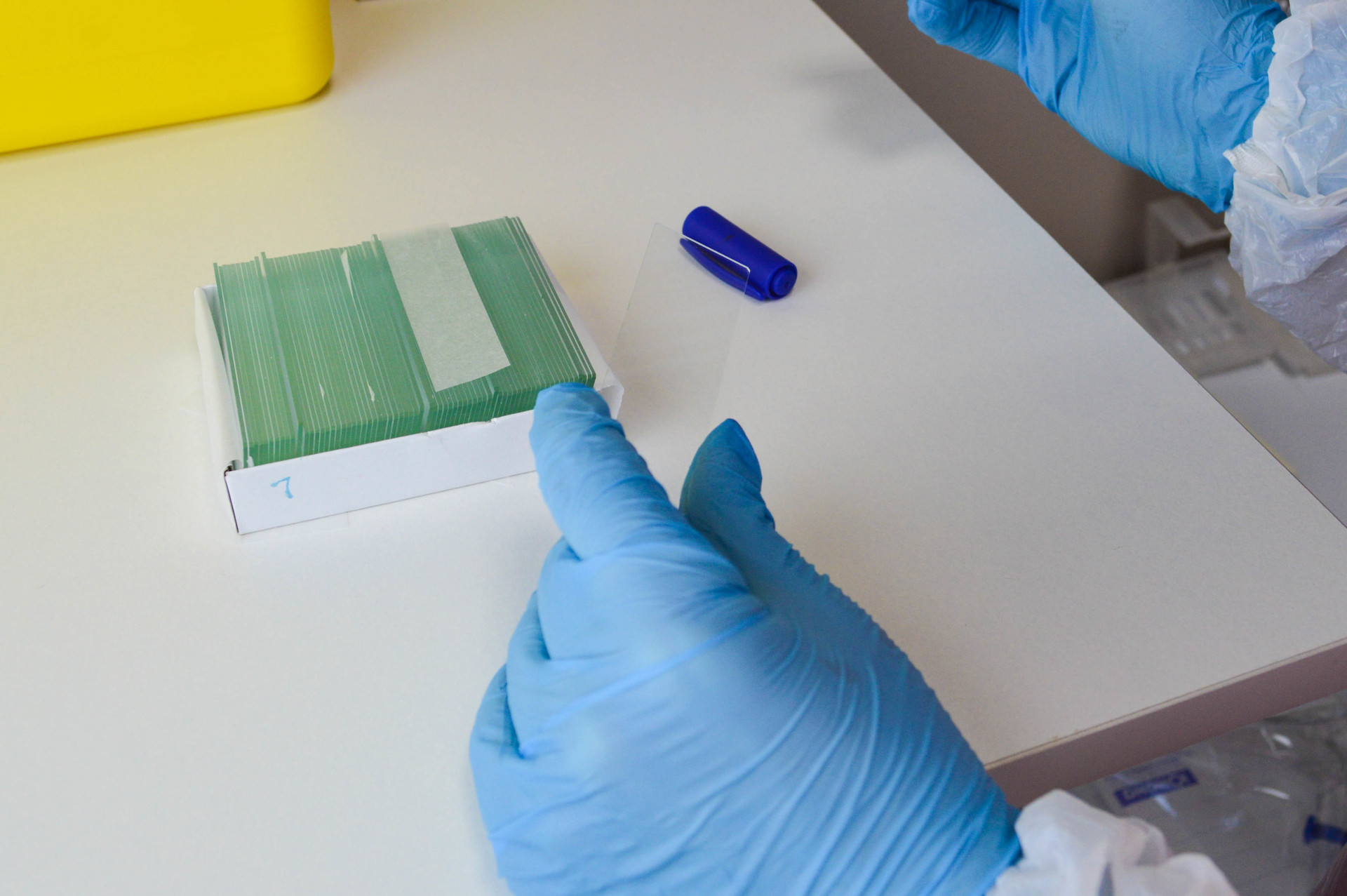Expert opinion and online consultations on a wide range of diseases and conditions available on your computer or any mobile device.
Pathology second opinion may be helpful in both malignant and benign conditions.
An outside review of tissue samples removed either as biopsies or as resections is an opportunity to get a more accurate miscroscopic evaluation and a comprehensive assessment of the tissue histology and immunohistochemistry. Very often patients need it if the original pathology report is not straightforward and a more definitive conclusion should be obtained.
Outside pathology expert advice is usually sought in challenging cases. Those include rare diseases, when special expertise is required to make a correct interpretation of a lesion, distinguish it from look-alikes, and make correct conclusions from understanding its true identity.
Confirmed or suspected malignant conditions also present a vast area of pathology second opinion application. Sometimes differences between cancer and normal cells are so subtle that a second set of eyes is necessary to tell benign mimickers of a malignancy or pre-cancerous conditions from a life-threatening disease. Moreover, some cancers (e.g. lymphatic) are more difficult to diagnose than others, so it is advisable that a pathologist devoted exclusively to this or that particular type is called in to avoid a mistake. There are cases when biopsy specimens are sent to another lab because the original pathology site does not have the necessary technical tools to perform certain advanced tests to examine biochemical and genetic tissue properties.
Depending on the situation, review of the initial biopsy findings will involve evaluation of slides made in the initial pathology facility (including digital slides) or examination of original tissue samples.
A pathology second opinion is a written report including a detailed assessment of findings that can be seen on the original biopsy slides. If tissue blocks are provided for evaluation, repeated or additional histology and immunohistochemistry tests may be performed, their results being described in the summary. The expert pathologist’s conclusions may confirm or alter the initial diagnosis, reveal significant features of a disease (such as, for example, a cancer subtype, extent or potential weaknesses that might be a target for specific therapies). All of this will help make an accurate diagnosis, revise and improve the initial treatment plan, avoid misinterpretations which may be crucial for an overall outcome.
Pathology review may not be accurate enough if the specimens were not taken, kept or processed properly. A quality assessment is not possible if there is not enough clinical data relating to the case. Pathology second opinions are of limited value if not all appropriate tests (e.g. histochemical/immunohistochemical staining) were performed, and no tissue blocks can be provided for follow-up examination.
Specialists in Pathology
You do not have to spend hours getting through busy hospital lines, or sitting in waiting rooms. Expert advice will be delivered fast and free of your effort.
Sort by: [[ s.txt ]]sortsort
Nothing found, try changing search options
